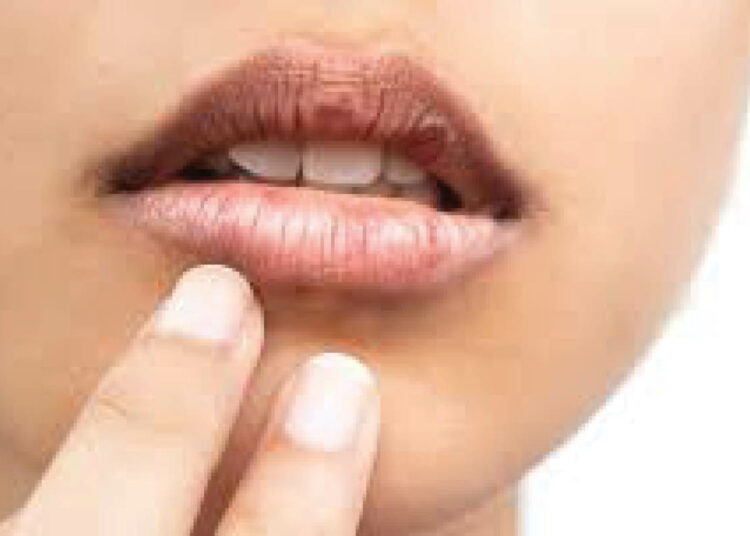Imagine waking up in the middle of the night with your mouth feeling like sandpaper, swallowing is difficult, speaking is uncomfortable, and even breathing feels strange.
For many, this isn’t just an occasional inconvenience, but a chronic condition known as dry mouth, or xerostomia. Though often overlooked, this seemingly minor issue can have a major impact on daily life, oral health, and even nutrition.
Dry mouth occurs when the salivary glands fail to produce enough saliva to keep the mouth adequately moist. Saliva is essential because it helps break down food, neutralise acids, prevent tooth decay, and keeps the delicate tissues of the mouth lubricated and protected.
Without enough of it, people may struggle to chew or swallow, face a heightened risk of cavities and gum disease, and become more vulnerable to oral infections.
Dry mouth can be caused by a variety of factors, including medications, dehydration, smoking, autoimmune diseases like Sjögren’s syndrome, and even stress. More than 400 medications list dry mouth as a side effect , including antihistamines, antidepressants, and blood pressure drugs , making it a common complaint among older adults. It can also be a side effect of cancer treatments such as chemotherapy and radiation, especially when directed at the head or neck.
Managing dry mouth involves both identifying the underlying cause and taking steps to relieve symptoms. Staying hydrated, chewing sugar-free gum, avoiding alcohol and caffeine, and using saliva substitutes or special mouthwashes can all help. In more severe cases, doctors may recommend medications that stimulate saliva production.
Whatever the cause, treating dry mouth early is essential . Not just for comfort, but to protect long-term oral and overall health.
What Causes Dry Mouth
Medications: Over 500 drugs can cause dry mouth, including antihistamines, antidepressants, and blood pressure medications.
Medical Conditions: Diabetes, Sjögren’s syndrome, Parkinson’s disease, and stroke can impair salivary gland function.
Cancer Treatments: Radiation to the head and neck or chemotherapy may damage salivary glands.
Dehydration: Insufficient fluid intake, fever, sweating, and diarrhea can reduce saliva production.
Lifestyle Habits: Smoking and excessive alcohol or caffeine intake can worsen dryness.
Symptoms To Watch For:
Sticky, dry feeling in the mouth or throat
Difficulty speaking, chewing, or swallowing
Cracked lips or mouth sores
Bad breath
Altered sense of taste
Treatment And Prevention:
Stay hydrated throughout the day
Use sugar-free gum or lozenges to stimulate saliva
Avoid tobacco, alcohol, and caffeine
Consider a humidifier at night
Ask your doctor if your medications could be contributing
In cases where dry mouth is linked to a medical condition, treating the underlying issue is important. If symptoms persist, consult a dentist or healthcare provider for evaluation and management.











